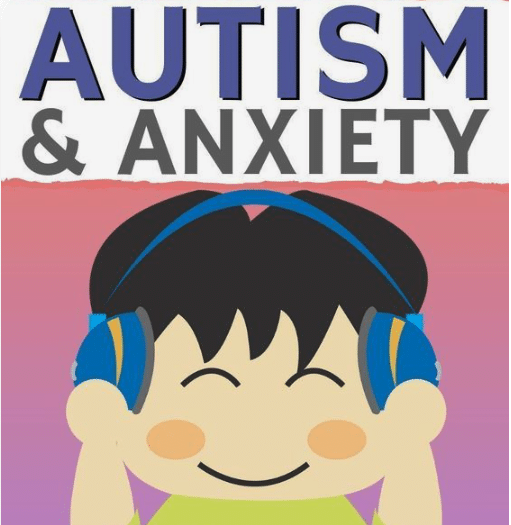Depression can manifest in various ways, affecting both our emotions and physical well-being. Recognizing the symptoms is crucial in understanding and addressing this condition. Here are some key signs to look out for:
- Persistent sadness and feelings of hopelessness.
- Loss of interest or pleasure in activities once enjoyed.
- Sleep disturbances, including insomnia or excessive sleeping.
- Changes in appetite and weight, either significant loss or gain.
- Difficulty concentrating, making decisions, or remembering things.
- Fatigue and lack of energy, even for simple tasks.
- Feelings of worthlessness or excessive guilt.
- Recurring thoughts of death or suicide.
Remember, everyone’s experience with depression can be different, and not all symptoms may be present. Goally, our tablet, helps kids with depression through interactive apps that teach emotional regulation, executive functioning skills, and social skills. It also offers digital visual schedules, AAC, and gamified learning for building routines and improving overall well-being.
This post was originally published on Feb. 7, 2023. It was updated on July 19, 2023.














